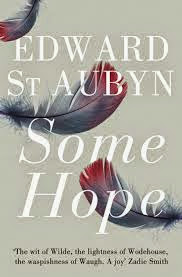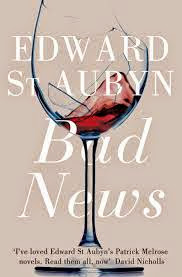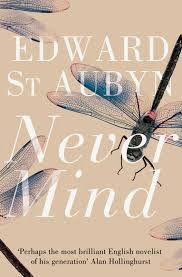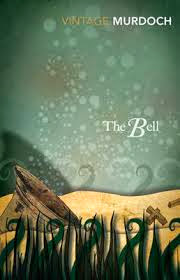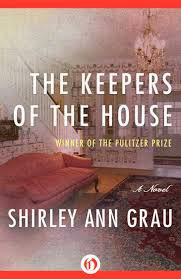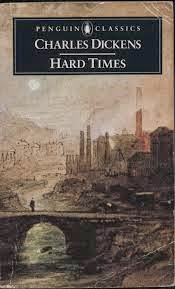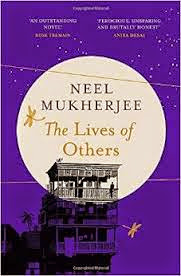
When I saw this novel described as a Dickensian romp through Bengal in the 1970s I hit BUY NOW without thinking. I do love a sweeping novel of the twentieth century in India. I am you will therefore find strangely well informed about subjects such as Partition. Not that I could tell you much about the actual border of Pakistan, but how people felt about the border with Pakistan, that I am well informed on. I am not sure why I like this kind of fiction so much; I suspect that it is because India’s history in the twentieth century mirror Africa’s in an interesting way, so it is like reading about your own story in a new setting.
This novel tells the story of one extended family living in a single house. The sons of the house are slowly losing the modest fortune acquired by the patriarch. It is full of interesting characters, from the bitter and unmarried sister, to the neglected child prodigy, to the older son who is becoming an alcoholic. The story is intercut with letters sent home from one of the children, who has become a Naxalite. Get ready to have your mind blown, and to feel you are a wussy: these are middle class university students who choose to go and live in poverty with the villagers so as to enlighten them about capitalism and forment a class war. Yes, that is their plan. It is pretty crazy. For example, these ordinary middle class men murder a money-lender in cold blood to provoke an uprising. They suffer a lot (though not as much as the money-lender), and do not meet with unmitigated success. However, extra points to the Kindle dictionary, for having a definition for Naxalite, and minus points to me: where is my idealism? All I thought about in university were grades and boys.
The novel is not profoundly memorable, but it is soothing and absorbing, and has some good writing. Here we are on the unmarried sister, who Mukherjee likes to emphasize is very very ugly:
Every since Chhaya had learned to identify the face looking back at her from the mirror as her own, she had been intimate with the fact . .. .of her own ugliness, and harder still, with the awareness that the world outside shared the knowledge too. To know that you are ugly is one thing, but to grow up with the imprint that it leaves on others’ thoughts, facial expressions, murmurs, talk, gossip is quite another; the former is a reckoning with oneself, the latter an instilling of that most adamantine knowledge of all: that the world is at is, and knocking your head against its hard shell is only going to break you, not dent the world.
In the end, there is death by torture, and death by suicide – yawn – contemporary fiction loves a good despairing finale. But it’s a good book over all, and I recommend it, particularly if you stop about twenty pages before the end.

